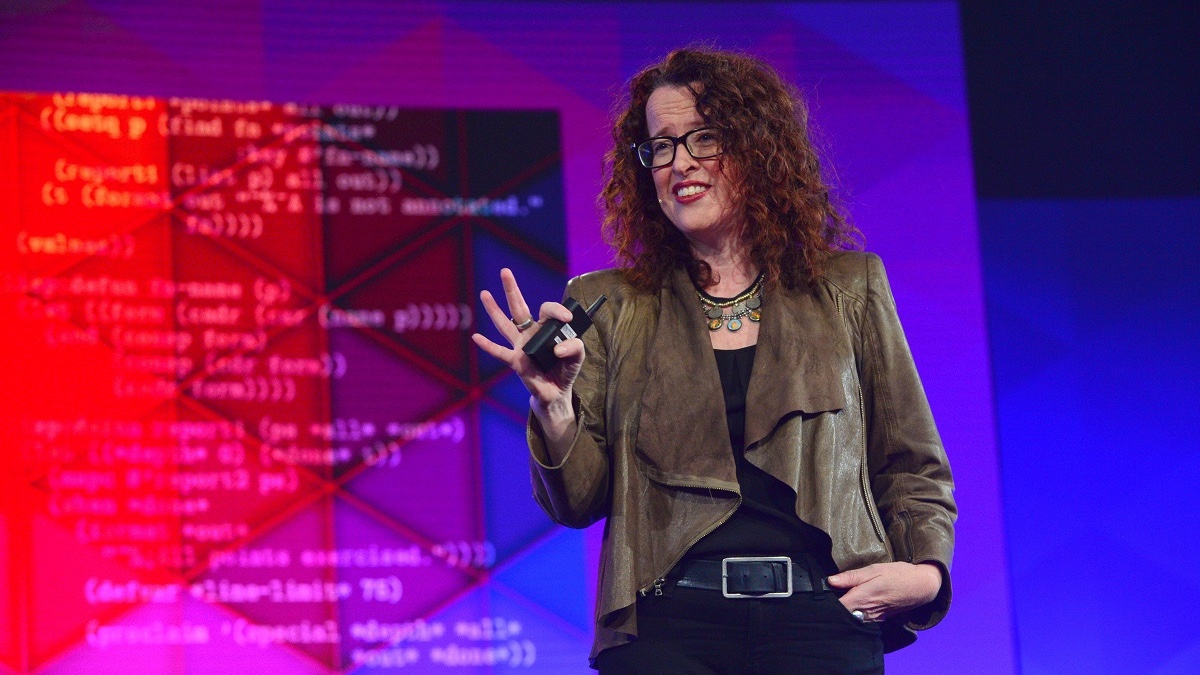[This is my presentation for the Media140 Sydney panel “Do Journos Do it Better? Journalists in SocMedia Communities”. This is being posted here automatically, at 5pm, just as the panel is scheduled to start. Given that sessions earlier in the day may cover similar ground, I may well re-word things as I go.]
“Do journos do it better?” Do journos do what better? I think this is actually the more interesting question: What is it that journalists actually do in our society?
Or, to stick with the question, what do they do in “social media communities” — although as I’ll explain, all communities are “social media communities”?
Now if I were presenting an Oscar I’d start by quoting the dictionary. “The Macquarie Dictionary defines ‘journalist’ as ‘someone engaged in journalism’.”
Very helpful.
However “journalism” in turn is glossed as “the occupation of writing for, editing, and producing newspapers and other periodicals, and television and radio shows”.
So the question as stated is meaningless. Of course journalists are better at “It” — journalism — because they’re the ones doing it. If you’re not a journalist you’re not doing journalism, therefore you’re not merely bad at it, you’re not even doing it at all!
Continue reading “Media140: What do journos do better, exactly?”


